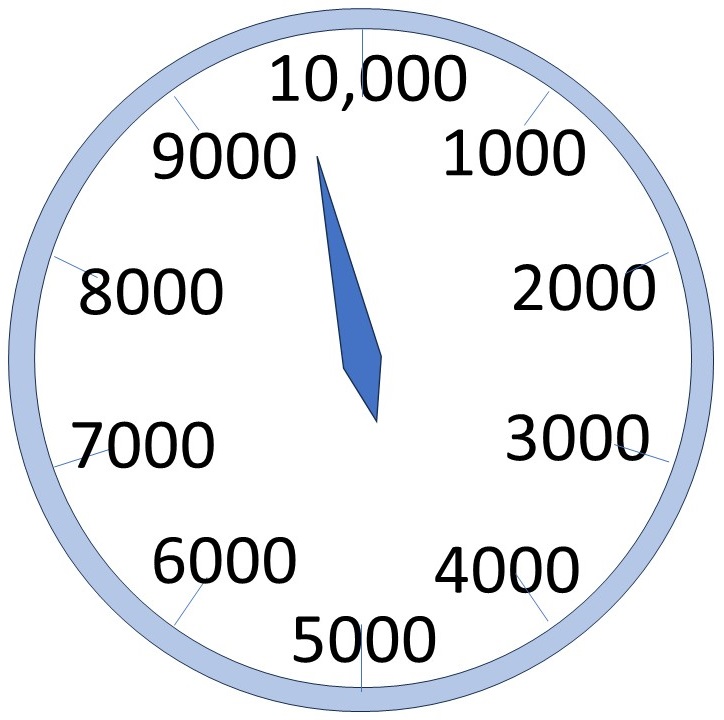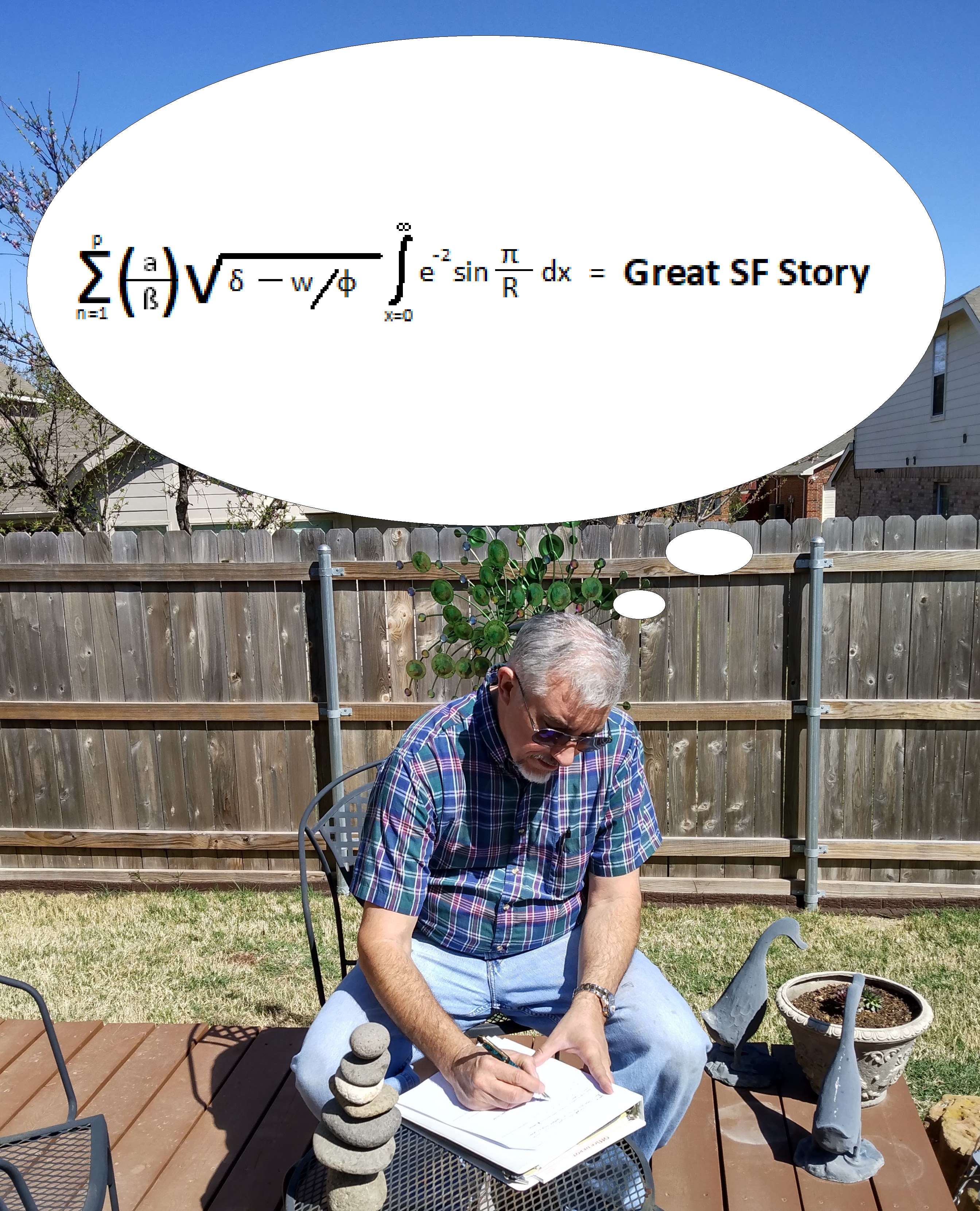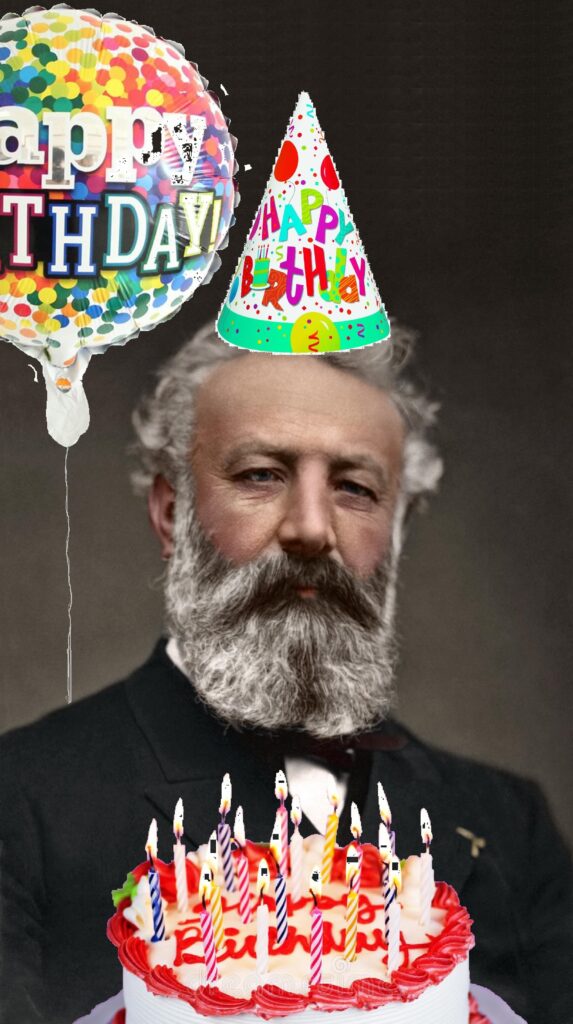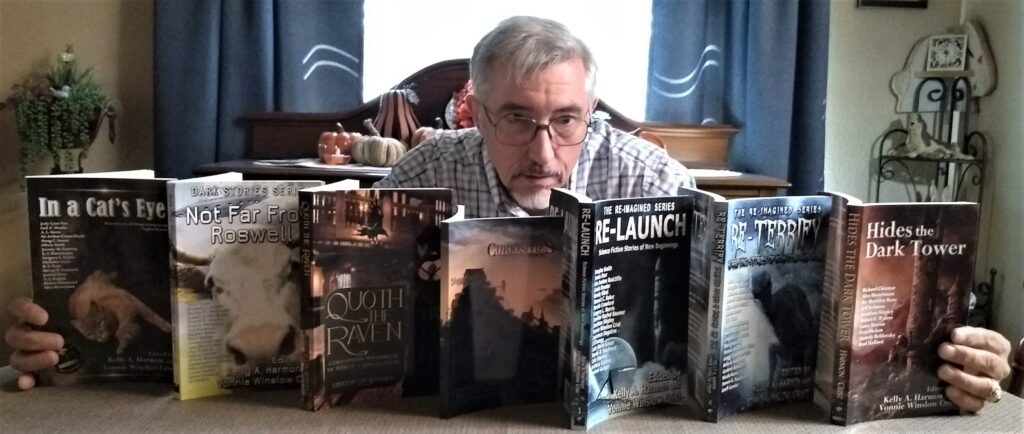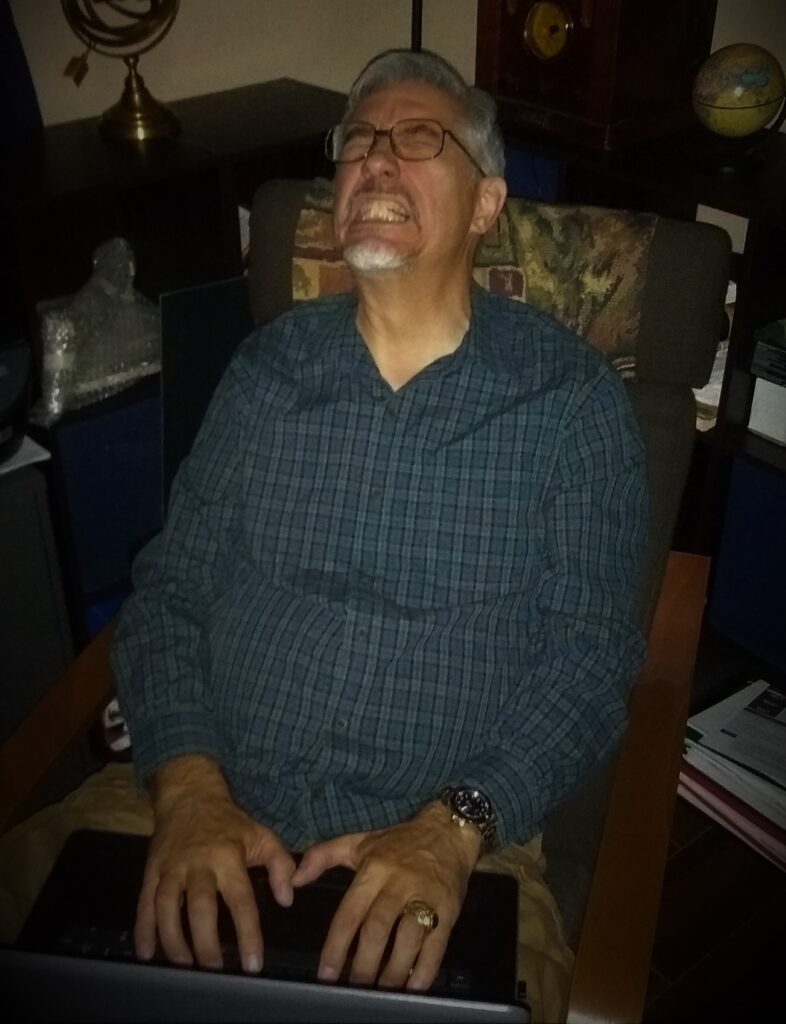Want to write, but you’re unsure how to become a writer, especially a good writer? You’ve surfed to the right blogpost.

Your Writing License
I understand the confusion. We speak of “poetic license” as if an official committee confers a certification or other formal document declaring you to be a writer. If you’re waiting for that, or searching the internet for where to apply, let me reassure you.
There’s no license.
No badge. No medal. By the power invested in me by nobody, I hereby pronounce you…a writer.
A Good Writer?
With that permission out of the way, your next thought might be, “I want more. I want to be a good writer. How do I do that?”
Again, no specific license exists. Moreover, no matter how hard you work at improving your writing, you have limited control over whether you become a good writer. The reading public has a say in it. They determine whether you’re a good writer or not.
The question then turns to, “How can I write in a way that appeals to readers?” The answer to that includes factors like (1) writing as well as you can, (2) writing what readers want to read, (3) having great timing, and (4) being lucky. You have some control over the first two, but none over the last two.
Lowered Expectations
Did you anticipate instant success as a writer? Time for resetting those expectations. Author Jessi Waugh wrote a great blogpost on that topic. In it, she included an example that stuck with me. Imagine a nursing home where the staff conducts training classes for the elderly residents. They learn activities such as painting, singing, pottery, yoga, etc. Do any of the aged participants believe they’ll excel at these newly-learned skills? No. They expect only to gain new knowledge, and have a little fun.
What if you approached writing the same way? What if you only did it because you enjoyed it? With this framing, any financial gain becomes an unexpected, surprising benefit.
Paperback Writer
Don’t adopt the attitude of the narrator of the Beatles song, “Paperback Writer.” In his fictitious pitch to an editor, he gets everything wrong and demonstrates unrealistic expectations. In particular, the line “If you really like it, you can have the rights/It could make a million for you overnight” shows someone possessing severe overconfidence.
Even the less outrageous line “And I need a job, so I want to be a paperback writer” demonstrates ignorance of why most beginning writers keep their day jobs.
Because it Feels Good
To sum up, I’ve given you license to write and helped you set reasonable expectations about becoming a good writer. Maybe you should write because it feels good. The rest is up to you and the reading public, not to—
Poseidon’s Scribe



